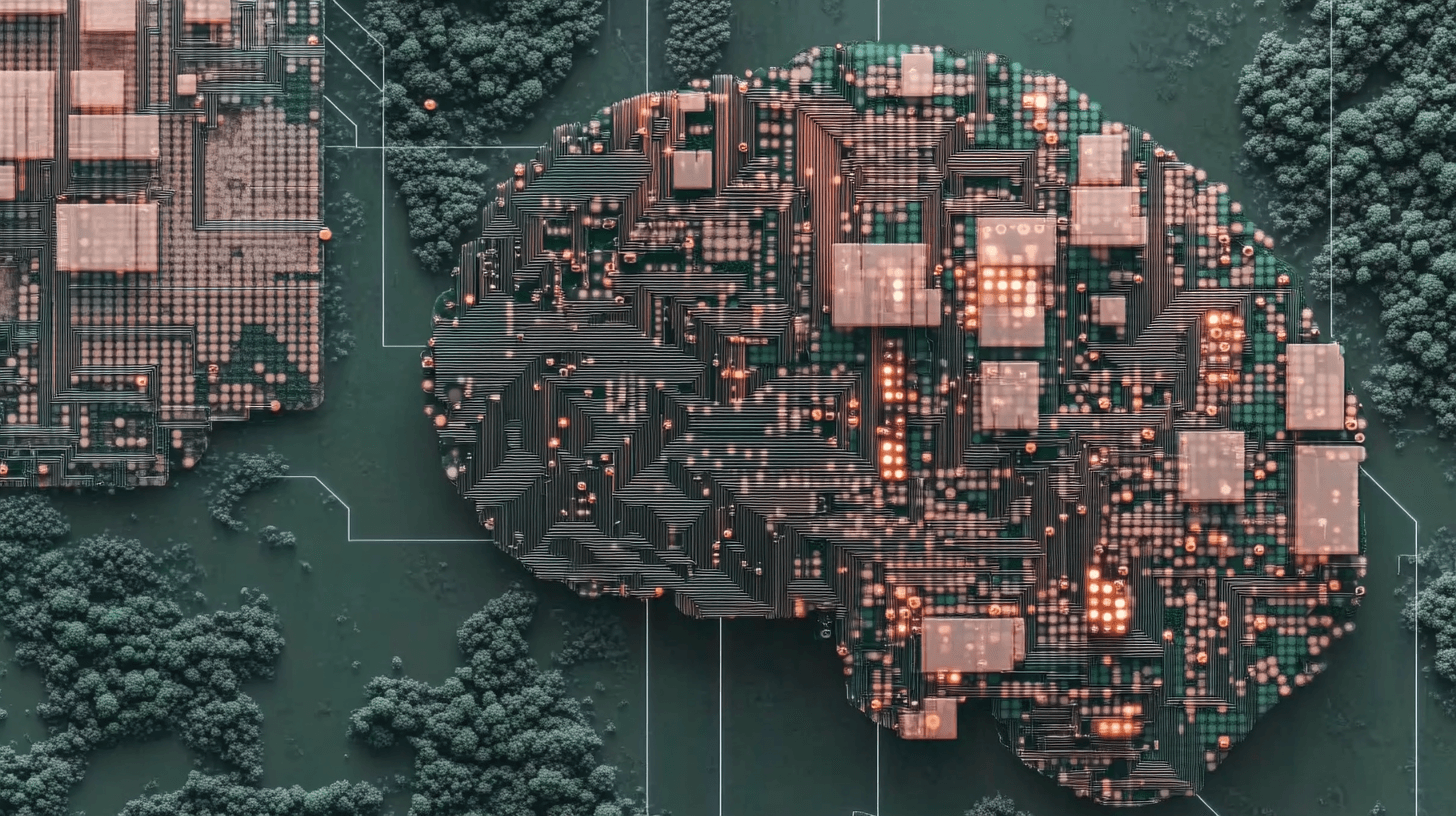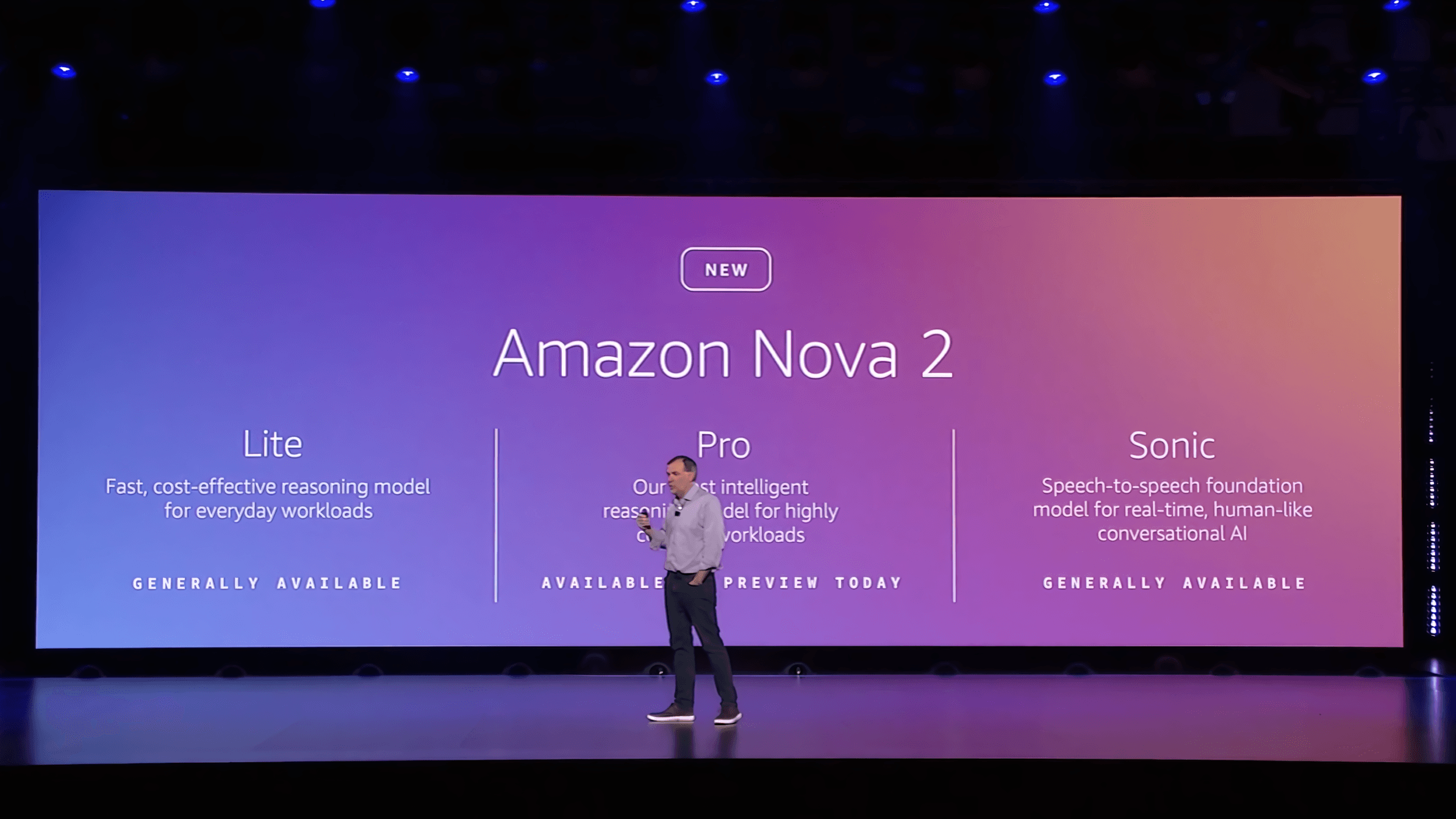Maximilian Schreiner
Max is the managing editor of THE DECODER, bringing his background in philosophy to explore questions of consciousness and whether machines truly think or just pretend to.
Read full article about: Google Cloud enters multi-year partnership with Replit
Google Cloud has signed a multi-year partnership with the AI coding startup Replit as it looks to strengthen its position against competitors like Anthropic and Cursor. Under the agreement, Replit will deepen its use of Google Cloud services and offer Google models directly on its platform.
Replit has been on a remarkable growth streak, reportedly boosting its annual revenue from 2.8 million dollars to 150 million dollars in less than a year. Google is leaning on the momentum of its new Gemini 3 model as part of this push.
Its biggest rival in the coding-assistant space is Anthropic, whose Claude Code tool hit an annualized revenue of 1 billion dollars in November. Developers also use Claude models widely through other tools like Cursor. Anthropic recently signed a partnership with Snowflake and even acquired the Bun JavaScript runtime to bolster Claude Code.
Despite the competition, Anthropic is also a Google Cloud customer. In October, the company announced plans to rent up to one million TPUs from Google by 2026.
Read full article about: Anthropic and Snowflake launch 200 million dollar AI partnership
Anthropic and Snowflake have signed a multiyear, 200 million dollar partnership. Claude, Anthropic's language model, will be built directly into Snowflake's data platform, which is used by more than 12,600 companies worldwide. The goal is to let businesses run complex data analyses and interact with their data through natural language.
Anthropic CEO Dario Amodei says the collaboration is meant to bring safer AI capabilities into existing data systems. Snowflake CEO Sridhar Ramaswamy described the deal as a joint product effort designed to deliver practical value for customers. According to Anthropic, companies like Intercom and Simon Data are already using Claude through Snowflake Cortex AI for analytics and customer service automation.
Read full article about: EU launches antitrust probe into Meta's WhatsApp AI restrictions
The European Commission has opened a formal antitrust investigation into Meta. At the center is a new policy that makes it harder for third-party AI providers to offer their services through WhatsApp. Since October 2025, Meta has barred external providers from using the WhatsApp Business Solution if their primary product is AI. As a result, OpenAI had to remove its ChatGPT integration from WhatsApp.
Commission Vice President Teresa Ribera warned that dominant digital platforms could use their power to push rivals out of the market. The investigation covers the European Economic Area except for Italy, which is running its own review. If the Commission confirms the allegations, Meta could be found in violation of EU competition rules for abusing a dominant position. Regulators say they will handle the case as a priority.
Read full article about: Nvidia and OpenAI still haven't signed their 100 billion dollar deal
Nvidia and OpenAI have not yet signed their planned 100 billion dollar deal. Nvidia CFO Colette Kress confirmed this on Tuesday during a conference in Arizona. Even though both companies announced plans in September to provide 10 gigawatts of Nvidia systems for OpenAI, the arrangement is still only a memorandum of understanding. Kress said the two sides are still working toward a final agreement.
The holdup raises new questions about the circular business structures that have become common in the tech industry, where large companies invest in startups that then spend the money on the investor's own products. Any future revenue from the OpenAI deal is not included in Nvidia's current 500 billion dollar forecast. A separate 10 billion dollar investment in competitor Anthropic also remains pending.





